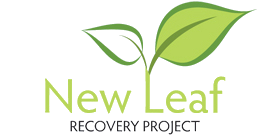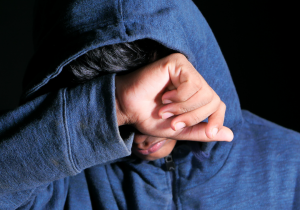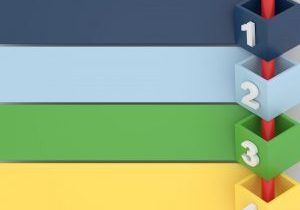Signs and Symptoms of Drug Addiction
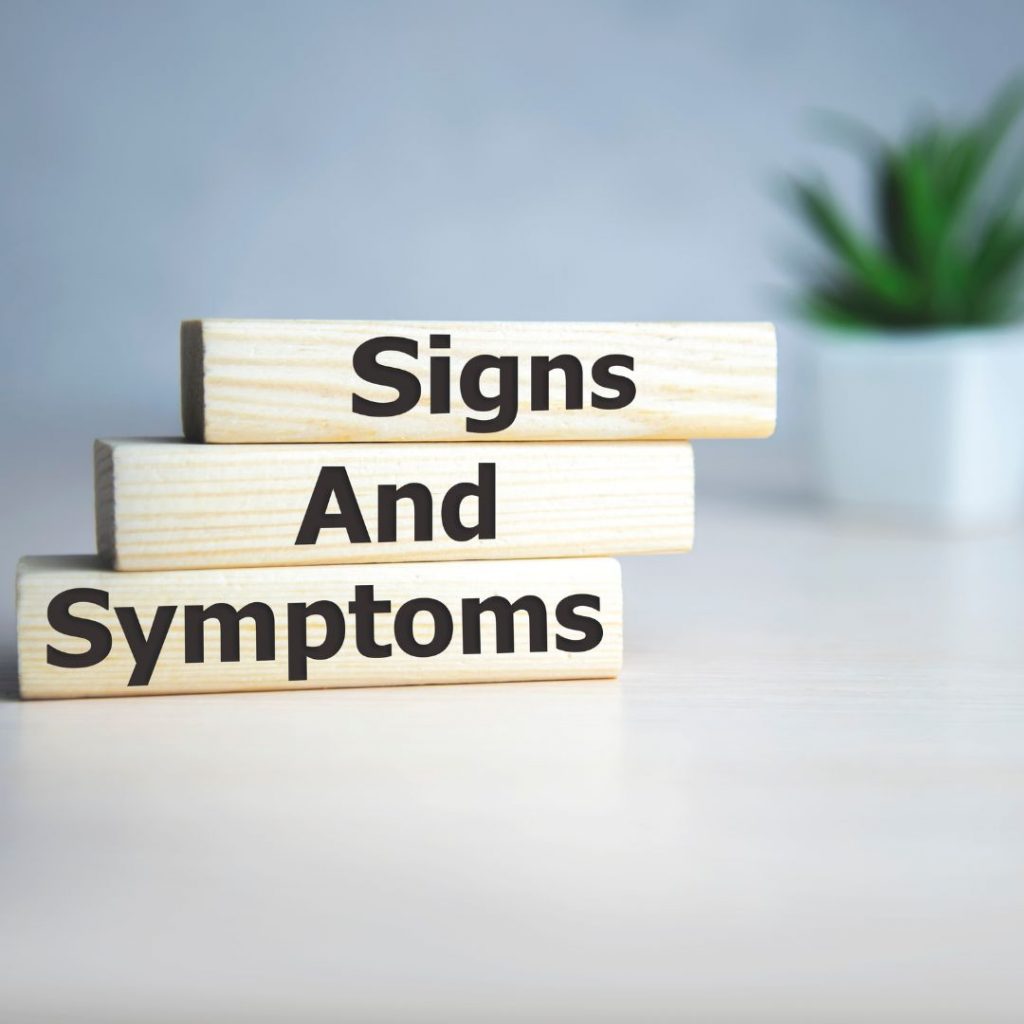
Drug addiction can manifest itself in subtle ways, gradually taking hold of someone’s life. Recognising the early signs is crucial to preventing deeper dependency. However, even if you are experiencing the most severe symptoms of drug addiction, it is never too late to seek professional support to help you make a full recovery.
In this blog, we’ll break down the mild, moderate, and severe symptoms of drug addiction, and offer practical advice on how to address them. Whether for yourself or a loved one, understanding these signs is the first step toward recovery and a healthier future.
Call New Leaf Today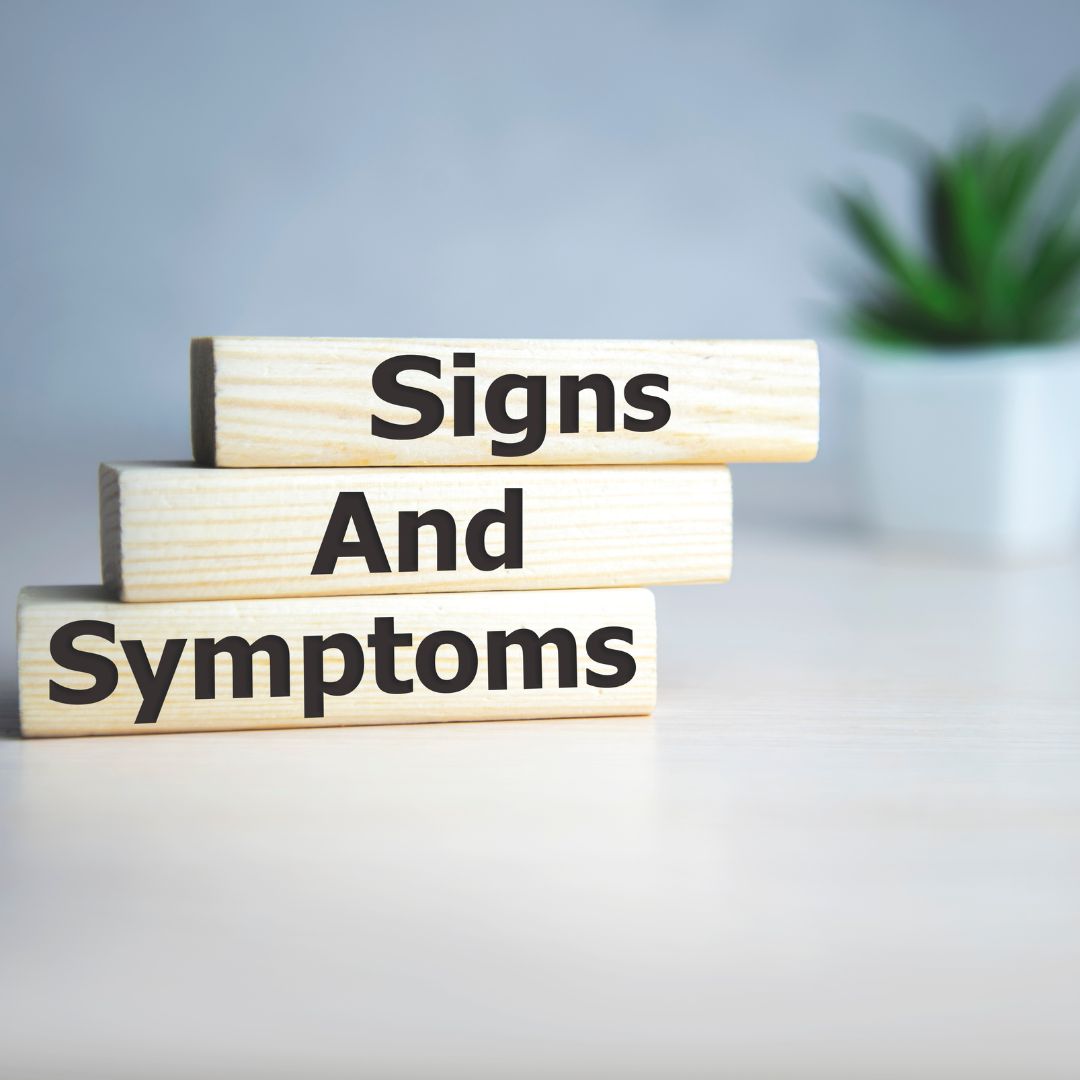
Mild Signs of Drug Addiction
Recognising drug addiction early on is a powerful first step toward a healthier future. Mild symptoms of drug addiction to look out for include:
- Increased Tolerance: Needing more of the substance to achieve the desired effect.
- Frequent Cravings: Occasional, but strong urges to use the substance.
- Preoccupation with Substance: Thinking about using the substance often.
- Using to Feel Relaxed or Better: Turning to the substance as a coping mechanism during stressful periods or simply to feel good.
- Mood Swings: Mild and occasional fluctuations in mood, such as irritability or anxiety when not using.
- Justifying Their Use: Constantly rationalising to yourself or to others why using the substance is okay in certain situations.
If you or a loved one is showing mild signs of drug addiction, it’s important to take small, mindful steps toward change. Start by acknowledging that the substance might be becoming a problem and reflect on the reasons for why it’s being taken. This self-awareness can be empowering, allowing you to take back a sense of self-control.
After this, set clear limits on when and how much you use, creating boundaries to prevent the habit from growing further. It’s also helpful to talk to someone you trust about your concerns-sharing your thoughts can provide much-needed relief. They could help confirm your cause for concern, allowing you to further come to terms with the problem.
Finally, educate yourself about the risks associated with the substance. Understanding the potential consequences can motivate you to explore healthier coping mechanisms and make more informed decisions about your well-being. Recognising the issue early on is a powerful first step toward a healthier future.
Seek Support with New Leaf TodayModerate Symptoms of Drug Addiction
Stronger, more moderate signs of drug addiction can include:
- Inability to Cut Down: Trying but failing to reduce or stop using the substance.
- Neglecting Major Responsibilities: Frequently failing to meet important obligations, such as missing work or school regularly.
- Deteriorating Relationships: Strained relationships with family, friends, or colleagues due to substance use.
- Financial Problems: Spending more money than intended on the substance, possibly leading to financial strain.
- Physical Dependence: Experiencing withdrawal symptoms such as headaches, nausea, or shaking when not using the substance.
- Mental Health Issues: Worsening symptoms of depression, anxiety, or other mental health conditions.
If you experience any one of these symptoms, it is a clear sign that you are dependent or addicted to a substance and should seek professional and medical support urgently. These symptoms often indicate that drug use is becoming harder to control. This inability to cut down, even when you have a desire to stop, signals a loss of control. Left unchecked, these symptoms can lead to severe physical health decline, mental health crises, and even life-threatening situations.
To prevent this, it is vital to seek professional support to stop drug dependence in its tracks. In doing so, you can change course to a brighter, healthier future. Remember, there is always hope.
Severe Symptoms of Drug Addiction
More dangerous, severe symptoms of drug addiction however can include:
- Loss of Control: Being completely unable to stop using substances, even when aware of the severe consequences.
- Severe Withdrawal Symptoms: Intense physical or psychological symptoms when not using the substance, such as seizures, hallucinations, or severe anxiety.
- Isolation: Either intentionally or incidentally cutting off social interactions, even with close family and friends.
- Physical Health Decline: Significant deterioration in physical health, such as liver damage, heart problems, or significant weight loss.
- Mental Health Crisis: Experiencing severe mental health issues, such as paranoia, psychosis, or suicidal thoughts.
- Overdose: Either experiencing or being at high risk of an overdose, which can be life-threatening.
If you are experiencing any one of these symptoms, it is critical to seek professional help immediately. With the right support and care, recovery is always possible. Here at New Leaf, every day we help individuals in the grip of dependency or addiction turn over a new leaf with our dedicated rehabilitation programmes. These programmes are carefully designed to root out the causes of addiction and replace addictive behaviours with healthier coping mechanisms for sustained, long-term recovery.
Our counsellors, most of whom have lived experience of drug misuse, can guide you in understanding your usage patterns and help you develop strategies to reduce or quit. Our group therapy sessions are also central to our rehabilitation programmes. These can help you feel a sense of community, allowing you to rationalise your dependency on others who are in or have been in similar situations.
In our secluded, residential recovery centre, we will also help you to create a structured plan for recovery, set goals, and identify triggers. Finally, we also offer a range of self-care activities that nurture your physical and mental well-being, like art therapy, meditation, acupuncture, and cognitive-behavioural therapy. These therapies are all designed to help you build healthier life habits for both during and after your recovery with us here at New Leaf.
Support for Drug Addiction at New Leaf
Overcoming drug addiction is a challenging journey, but with the right support and care, recovery is always possible. Whether you’re experiencing mild, moderate, or severe symptoms, taking action now can lead to a healthier and more fulfilling life, stopping addiction in its tracks. At New Leaf, we’re dedicated to guiding you every step of the way. We offer 7-day to 28-day programmes or entirely bespoke recovery programmes tailored around your needs. We offer expert, compassionate care, personalised strategies, and a supportive community to help you reclaim control. Remember, no matter how difficult it may seem, there is always hope, and with the right help, you can turn over a new leaf and embrace a brighter future.
Reach Out Today; Give Us a CallReceive a Free Call Back
"*" indicates required fields
Our Complete Recovery Journey - from your initial enquiry, all the way through treatment and beyond into ongoing support, New Leaf Recovery are there to guide and support you.
New Leaf offers a complete journey of treatment - from initial detoxification and rehabilitation to ongoing support, including aftercare, family support, and beyond into long-term recovery.
Getting the right accommodation enables us to provide the right backdrop for our recovery methods. Any form of rehabilitation needs to happen in a safe, comfortable, secure and friendly environment.
Receive a Free Call Back
"*" indicates required fields
